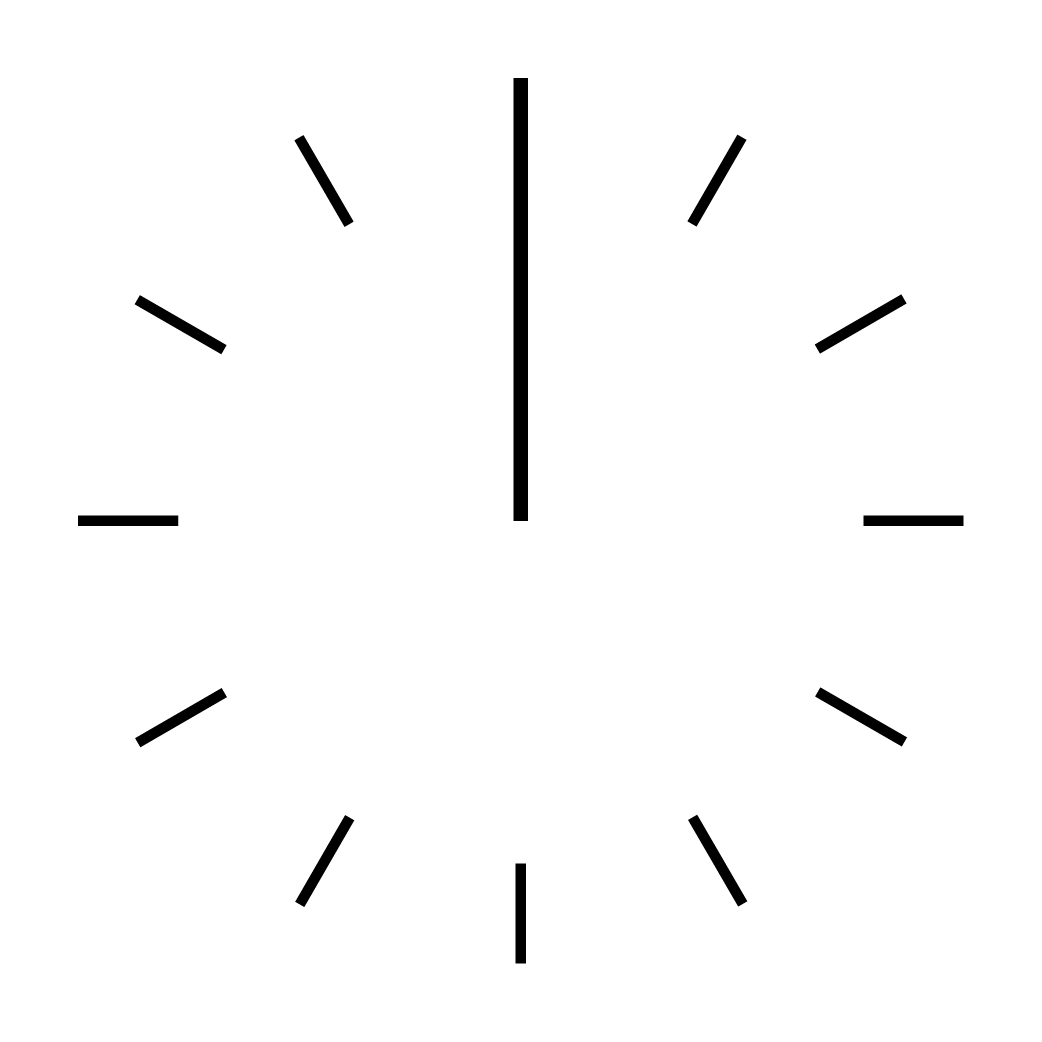🕑 4 minute read
Storytime:
Back in January, I was looking for ways to be a better thinker.
My partner—who happens to be a best-selling author and an incredible thinker—said to me:
“If you want to think more clearly, write.”
Being the spontaneous multi-passionate creative force that I am, I—with little delay—committed to a 30-day challenge called ‘30 days of writing’ (a derivative from my previous ‘30 days of being’ project).
I announced this to my community on IG to create accountability for myself, and off I go being in action.
I never finished the challenge.
I stopped writing at day 9—and below are the insights I gained from the experience.
What I noticed:
Being in action—without overthinking—allowed me to quickly find that writing 30 short-form pieces doesn’t provide me the desired support.
I noticed that the brevity of the format led me to spend more time contemplating what to write, than actually writing.
Additionally, sharing my work with the community on Instagram created unnecessary pressure and effort in the process.
The focus on meeting the daily writing challenge became a distraction from the goal of consistently showing up and writing.
To establish a daily writing routine, the process in which I create must be simple and easy.
Most significantly, I realised I wanted to think more critically rather than solely expressing my thoughts clearly. This realisation created a shift in my writing approach and goals.
Did I know most of these insights prior to this experience?
Yes.
And knowledge is only a rumor until it is in the muscle.
The quality of my ‘knowing’ before this experience is not the same as the one I, now, have in my being.
What I did instead:
Instead of persisting with the 30-day challenge, I called it off and focused on writing about the insights I gained.
I dedicated 10 minutes to private writing for 30 days. This allowed me to focus on my thoughts without the pressure of sharing them immediately.
I said YES to podcast interviews to stimulate my critical thinking in a different format.
I actively engaged in rich dialogues with highly intelligent people to broaden my perspectives.








